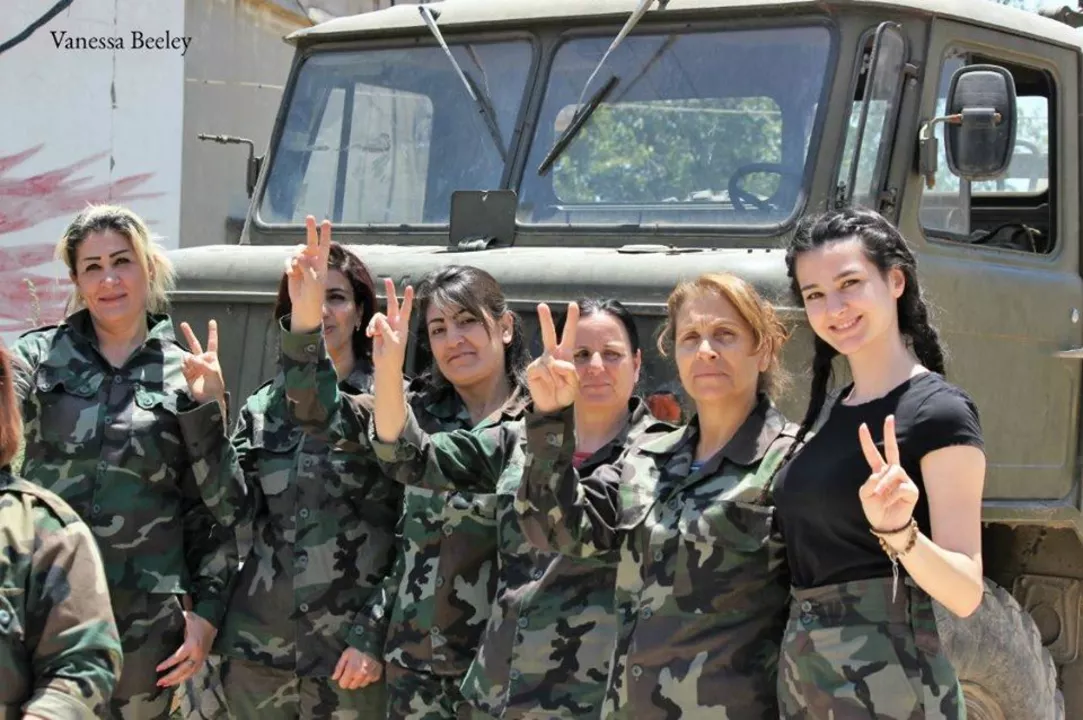Women's Rights in Syria
How do women's rights look in Syria today? On paper, Syrian law grants women basic rights like education, property ownership, and voting. But day-to-day life often depends on where you live, who controls the area, and the lingering effects of war. I’ll outline practical facts you should know if you care about women's lives there or plan to visit.
Daily life and legal reality
In cities such as Damascus and Aleppo, many women study at universities, work in hospitals, teach, and run small businesses. Yet family laws and social pressure can limit choices about marriage, work, and dress. In rural or conservative areas, women face stricter expectations and less freedom to move alone. After years of conflict, economic hardship and displacement make it harder for women to access services or safe housing.
Safety, protection, and activism
Gender-based violence is a serious issue across Syria. Reporting is often low because survivors fear stigma or lack trust in authorities. Support mostly comes from local NGOs, community centers, and international agencies that run shelters, counseling, and legal help. If you or someone you know needs help, look for trusted local groups, community leaders, or humanitarian organizations working in the area.
Different areas of Syria show different social rules. For example, clothes that are normal in other countries can be controversial in parts of Syria. The debate over whether women wear shorts in public highlights a bigger point: clothing choices can be both personal expression and a public statement. Some women in modernized neighborhoods wear shorts as a sign of independence, while in conservative districts the same choice can lead to harassment or social ostracism.
Women remain active in politics, media, and civil society despite obstacles. Female journalists, doctors, and aid workers continue to document problems and deliver services. Community-led projects often focus on vocational training, legal awareness, and income support for displaced women. These concrete efforts help women gain more control over daily decisions and finances.
If you plan to travel to Syria or meet Syrian communities, be aware of local norms and safety conditions. Ask locals what is acceptable, dress modestly in conservative areas, and avoid drawing attention in unstable zones. Supporting women’s rights can be practical: hire women-run businesses, donate to vetted charities, or volunteer with organizations that provide direct help.
This category brings news and practical updates about women’s rights across Syria. Expect stories about legal changes, everyday life, safety tips, and voices from women on the ground. Follow these pieces to stay informed and to learn how you can support tangible improvements in people’s lives.
If you want to support women in Syria, choose long-term help. Small business grants, remote mentoring, and language training make a difference. Avoid one-off publicity stunts. Ask organizations how funds are used and prioritize groups run by Syrian women. Learn local gender norms before offering advice. When reporting or sharing stories, protect identities and consent. Respecting dignity and safety does more than good intentions alone.
Read regularly and stay engaged.
